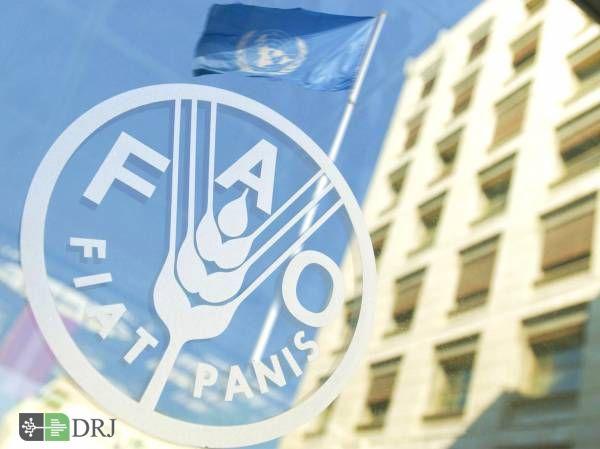The minimum wage is a pathetic little thing. First enacted in 1938 at 25 cents per hour, it was largely a sop to the International Ladies’ Garment Workers’ Union, one of the very few for whose members, even then, such a pittance might matter. Domestic servants and farmworkers--persons of color, not coincidentally--were excluded. And for most of the 80 years since, the effect of the federal minimum on wages and welfare has been small.
Why has this been so? First, the real value of the minimum is low. That value reached a peak 50 years ago under President Lyndon B. Johnson in 1968, at about $10.50 in today’s money. It was then eroded by inflation and political neglect, and is today no higher than it was around 1980.
Second, because the level is so low, few workers are affected. In 2016, the total number of workers earning at the minimum or below was just 2.2 million--not even 3% of the employed workforce at that time. A very large share of those were young, with half of minimum wage workers age 25 or younger, and many of those earned tips in addition to their wages.
And yet, few economic policies have been subjected to such obsessive criticism, in particular by mainstream (which is to say, conservative) economists, as the minimum wage.
Economists teach that markets reward each worker exactly according to what he or she contributes, not more nor less. Hence the wage that is, is right and just. Further, they say that by meddling in the "labor market," government can only set a minimum wage that is too high, and employers will not hire those workers. Unemployment is the result of this well-meaning but misguided practice.
As often happens, the facts do not agree. One famous study showed that a higher minimum wage in one of two neighboring cities led to more fast-food jobs in the city where the minimum went up. Why? Because with higher wages, workers quit less frequently, and turnover went down.
But there’s more. The Swedes discovered in the 1950s that high wage standards promote productivity, improving the performance of industry, therefore raising living conditions for the whole country. More equal countries have more economic mobility. But they also have less economic stress, less compulsion to seek better jobs, and therefore less internal migration and less unemployment.
The minimum wage is an efficient regulation. It doesn’t cost much to oversee. It is simple and it is largely self-enforcing. It is not a burden on the federal budget. And it is a blessing for Social Security, since with higher wages, payroll tax collections improve.
A minimum wage at $15 per hour as demanded by workers in fast food and other low-wage services would give a raise, in most cases modest, to about 40% of American workers. It would put some pressure on businesses that currently pay less--but by and large, what they lose in labor costs they’d make back in sales to a more prosperous clientele.
So should the minimum be raised? Of course it should. States such as Texas and Florida would benefit, because they have too many low-wage workers, too much poverty, and too many people who are getting food stamps and other welfare since they aren’t getting paid enough.
At the deepest level, the minimum wage embodies justice. It speaks to the words of Martin Luther King Jr. that "all labor has dignity"--and so deserves a decent rate of pay. Productivity and pragmatism have nothing to do with this. It is a moral judgment, based on the belief that the community has the final right to set standards by which all members of the community must abide.
For this reason above all, Happy Birthday, minimum wage.
James K. Galbraith is the Lloyd M. Bentsen, Jr. Chair in Government and Business Relations in the LBJ School of Public Affairs at The University of Texas at Austin.

ایده ها برای استارت آپ موجب رونق کسب و کارهای اینترنتی
آینده / استارت آپ

استارتآپها ادبیات بازار سرمایه را بلدند؟
استارت آپ

صدور تاییدیه دانش بنیانی شتابدهنده صدر فردا
اخبار / استارت آپ

اپلیکیشن شارژاپ
گوناگون / استارت آپ / رپرتاژ آگهی / بازتاب

جذابترین ایدههای B2B در سال 2020
استارت آپ

تعریف استارت آپ startup
دانشنامه / استارت آپ / مقاله

۱۰ استارتاپ که بدون سرمایه به سوددهی رسیدند
استارت آپ

ایده ها و پیشنهاد برای استارت آپ در سال جدید
راهکارها و ترفند ها / استارت آپ
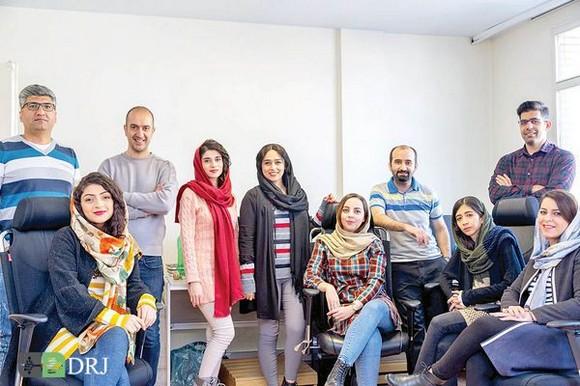
استارتآپ ایرانی؛ مرجع اول زنان افغان
استارت آپ

شروع یک کسب و کار نوپا پلتفرمی
استارت آپ
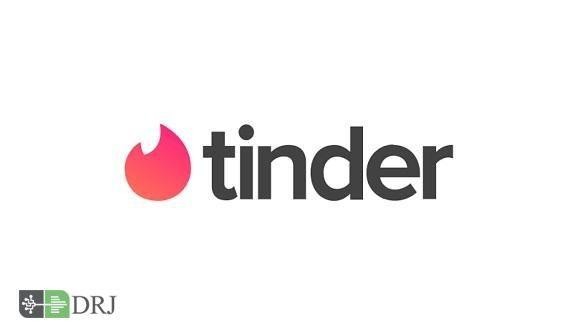
برنامه شبکه اجتماعی تیندر
گوناگون / معرفی وب سایت / استارت آپ
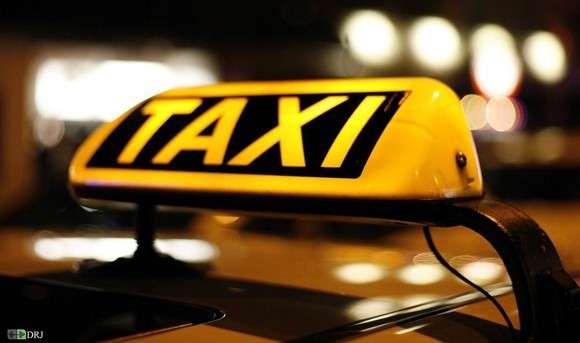
10 استارت آپ برتر تاکسیرانی جهان
استارت آپ

پخت پیتزاهای هیجان انگیز با هوش مصنوعی
آینده / استارت آپ

ایده های استارتاپی فراموش شده
دورنما / بازار / استارت آپ
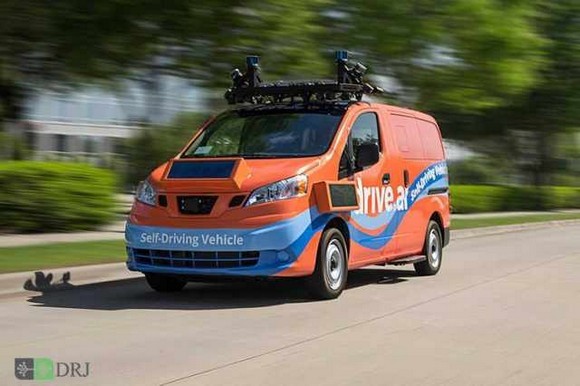
اپل، استارتاپ فناوری خودران Drive.ai را تصاحب کرد
استارت آپ

بررسی مهمترین چالشهای تیمهای استارتاپی
استارت آپ

نگرانی کاربران از هزینه تعمیر و تامین قطعات
گفت و گو / بازار / استارت آپ

مصاحبه با مدیرعامل و بنیانگذار استارتاپ Moz
گفت و گو / استارت آپ

آشنایی با استارت آپ های حوزه مدیریت آب
استارت آپ

راه اندازی ۷۰ استارت آپ توسط نخبگان ایرانی
استارت آپ

معرفی هشت استارتآپ موفق ایرانی در حوزه فینتک
استارت آپ

اولین مرورگر شرعی دنیا
استارت آپ

از صفر تا پیست
استارت آپ

معرفی برترین استارتاپهای CES 2019
اخبار / استارت آپ

ازدواج با فرد ثروتمند یا خوش اخلاق
سبک زندگی / برترین ها

هدف از تشکیل خانواده چیست
سبک زندگی

اول عاشق شویم، بعد ازدواج کنیم
سبک زندگی

خانواده چیست
سبک زندگی

مشاوره خانواده چیست؟
سبک زندگی

اولویتهای پسانداز خانواده چیست؟
سبک زندگی

هزینه های خانواده چیست؟
سبک زندگی

راهکار بیشتر حرف زدن اعضای خانواده چیست؟
سبک زندگی

چرخه زندگی و خانواده چیست؟
سبک زندگی

اهداف و اصول تشکیل خانواده
سبک زندگی

آموزش جنسی نادرست به سبک خانم جلسه ای
سبک زندگی
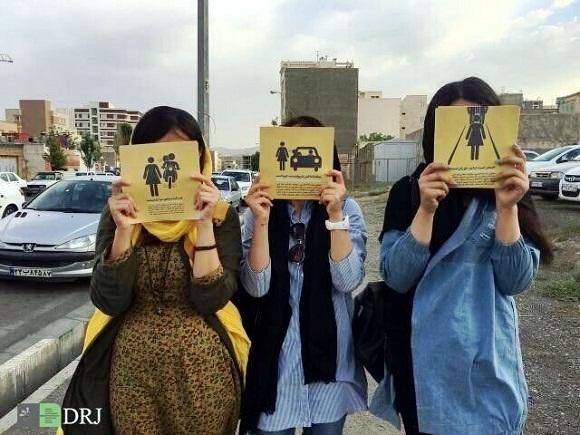
لطفا تماشاچی آزار زنان نباشید!
سبک زندگی

کودک آزاری؛ از نشانهها و دلایل تا درمان
گزارش / سبک زندگی / پرورش کودکان

روش های تعیین هدف و مسیر زندگی برای رسیدن به موفقیت
سبک زندگی
مجله اینترنتی دیپروتد نشریه مجازی بر بستر اینترنت به مسائل آموزشی و مقالات پیرامون کسب وکار های نوپا یا استارت آپ ها و سبک زندگی است فعالیت و محتوای مطالب ارائه شده در سایت همه بیشتر در حوزه مدیریت، کارآفرینی ، روانشناسی ،اقتصادی و فناوری اطلاعات است نام اصلی دیپروتد "ریشه های عمیق " با مجوز رسمی از هیات نظارت برمطبوعات مشغول به فعالیت است
ما را در شبکه های اجتماعی دنبال کنید
تمامی حقوق برای سایت فوق محفوط است.
S-TECH: ایرانی توانمند | Powered by: مجله اینترنتی دیپروتد



